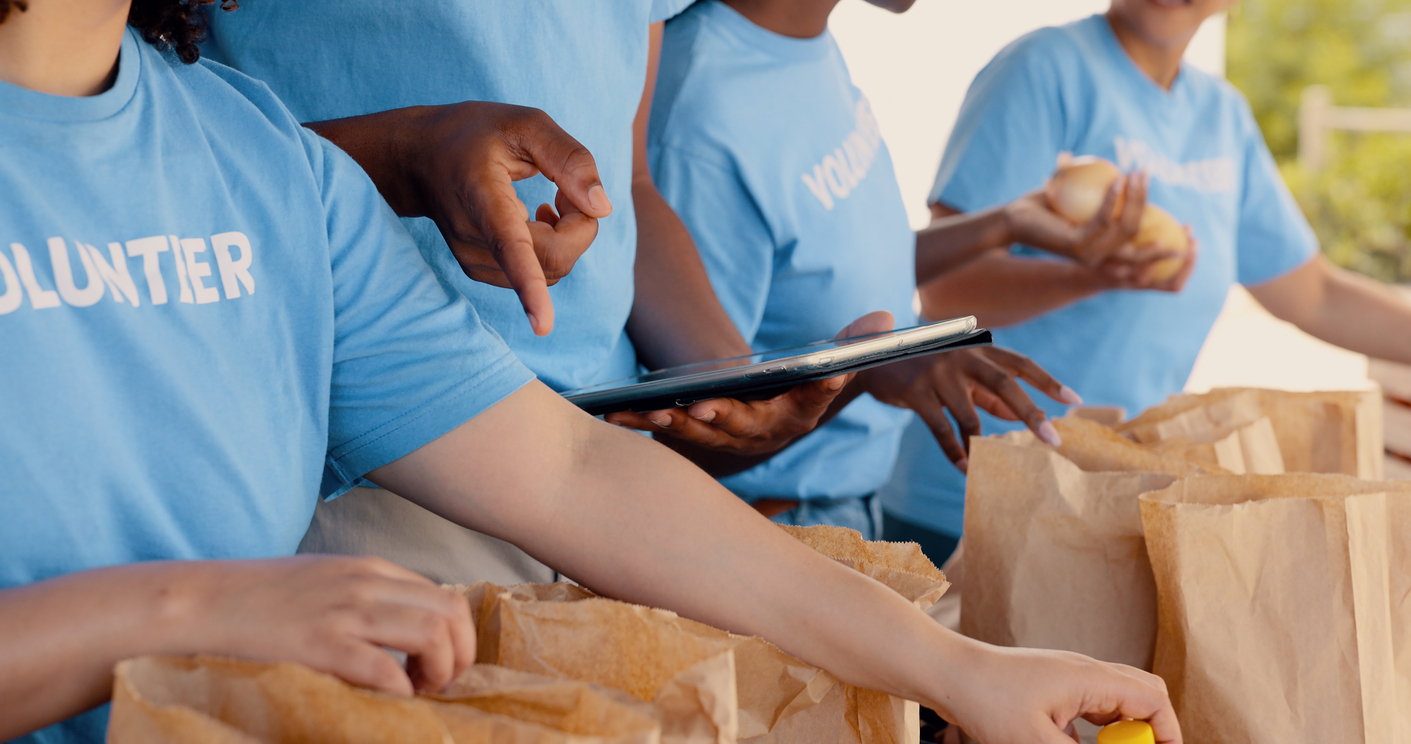
Share On Social!
A recent study from the University of Michigan found that extended family members, such as siblings, cousins and grandparents, are the most influential mentors for Latino emerging adults and can simultaneously empower and constrain young people’s efforts to create social change.
“It is essential to understand how adults can partner with youth to create social change,” the study states.
Let’s dig deeper into this study and what the results mean for families and communities.
The Impact of Extended Family
“Our research reveals that adults play complex, multifaceted roles in these young people’s civic development,” said Wendy de los Reyes, U-M postdoctoral research fellow in the Combined Program in Education and Psychology.”
For the study, de los Reyes and her colleagues identified 5 key ways that adults positively shaped sociopolitical development, including:
- Providing emotional support
- Creating opportunities for critical social analysis
- Role modeling engagement
- Facilitating opportunities for action
- Offering instrumental support
Additionally, the study found 3 ways that adults hindered development:
- Discouraging dialogue
- Restricting action
- Manipulation
Understanding that civic engagement links to family relationships and cultural contexts, according to de los Reyes.
“What makes this particularly compelling is how these young people navigate what we call ‘hyphenated multinational identities,’” de los Reyes said. “They must balance their family’s cultural values with their own social justice commitments.”
Latino Youth and Civic Engagement
Moving forward, the study’s findings suggest that policies supporting youth civic engagement should consider family and cultural contexts, rather than relying on uniform methods.

Religious contexts also proved surprisingly complex, according to researchers.
“This nuanced reality challenges simple narratives often held about Latino families and their political views,” according to the study results.
The study researchers also highlight that policymakers should fund programs that train mentors to facilitate conversations about social issues and support efforts that promote intergenerational dialogue within families.
However, training for adults working with youth is also needed to understand how their roles impact civic development.
“These young adults don’t have to choose between family and their own values. Seek support from mentors who validate your concerns and create robust spaces for dialogue,” de los Reyes said.
The Importance of Civic Engagement
There are several actions and behaviors that fall under civic engagement, such as:
- Volunteering
- Working with neighbors
- Serving in community organizations
- Participating in social movements
- Discussing issues
- Reading the news
“Youth civic engagement is critical for a variety of reasons. Young people, while not a monolithic group, share certain characteristics that have the potential to make them powerful civic actors, and their participation carries benefits,” according to the Center for Information and Research on Civic Learning and Engagement (CIRCLE).
Additionally, research shows that youth participation in civic engagement brings many benefits for young people like networking, building skills, increased academic performance and improved social-emotional well-being among others, according to the CIRCLE.
“By actively working to address community challenges, kids and teens are creating change within themselves. While they see the impact as external, they too are benefiting.” according to the International Youth Foundation.
Engaging with Your Community’s Health
Another way for not only youth, but people of all ages to increase their civic engagement is to speak up about the health of their community.
Learn more by downloading the Salud America! Health Report Card for your town!
Enter your county name and get auto-generated local data with interactive maps and comparative gauges on several health indicators. This can help you visualize and explore local issues in education, housing, transportation, food, health, and more.
See how your county stacks up compared to the rest of your state and nation.
Then email the Report Card to local leaders to raise awareness, include the data in a presentation or grant proposal, or share it on social media to drive healthy change in your community!
Explore More:
Increasing Civic EngagementBy The Numbers
50
percent
of big U.S cities have a local board of health



